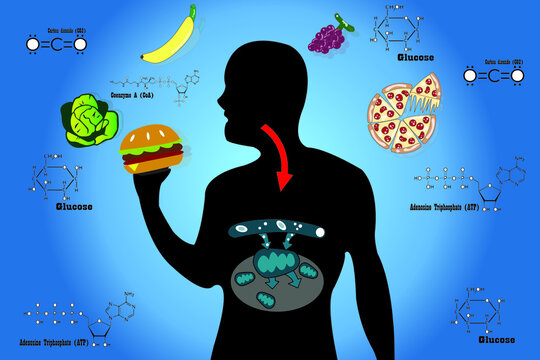How would you describe sugar in one sentence?
Vocabulary Words: Saccharide, Glucose, Carbohydrate
What was the testable question?
How does sugar effect bacterial growth?
What is the following material called? What did we put in it?
Petri Dish
Agar
Make a caption for the following table.
Vocabulary: Table 1 shows...
Does the table support the hypothesis? Why or why not?
How would you describe bacteria in one sentence?
Vocabulary: Unicellular, E.Coli, Asexual Reproduction
What was the hypothesis?
If there is more sugar, then there will be more bacteria because sugar provides energy for reproduction.
Describe what we did here?
Make a title for the following graph.
How does sugar affect bacteria growth?
Does the graph support the hypothesis? Why or why not?
How would you describe cellular respiration in one sentence?
What were the independent variable and dependent variable?
IV: Sugar
DV: Bacteria
What was different about the four petri dishes we had?
Different Amounts of Sugar
How are tables and graphs different? How are they similar?
Tables are more numbers. Graphs are more visual. Same information in both.
What is a question you could ask in the future?
How are bacteria and energy connected?
Vocabulary: Fuel, ATP, Asexual Reproduction, Growth
What were the control and experimental groups?
CG: 0% Sugar
EG: 1%, 3%, and 5% Sugar
How did we count the number of bacteria?
Measuring the Squares on Graph Paper
Find the average of 1% of sugar in the table provided.
What was one source of error in the experiment?
Opening petri dish; contamination; streaking the plate